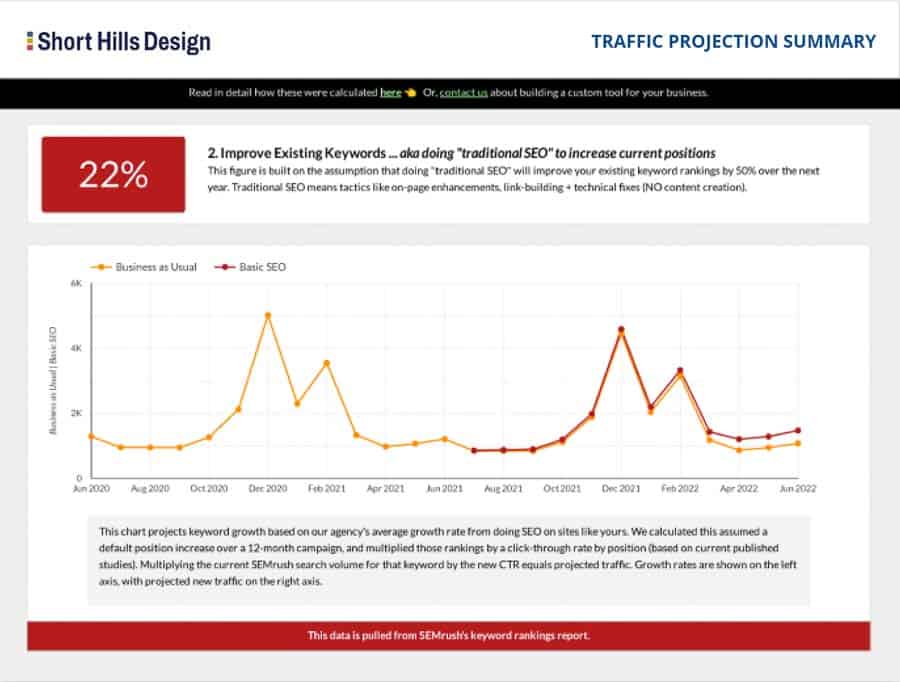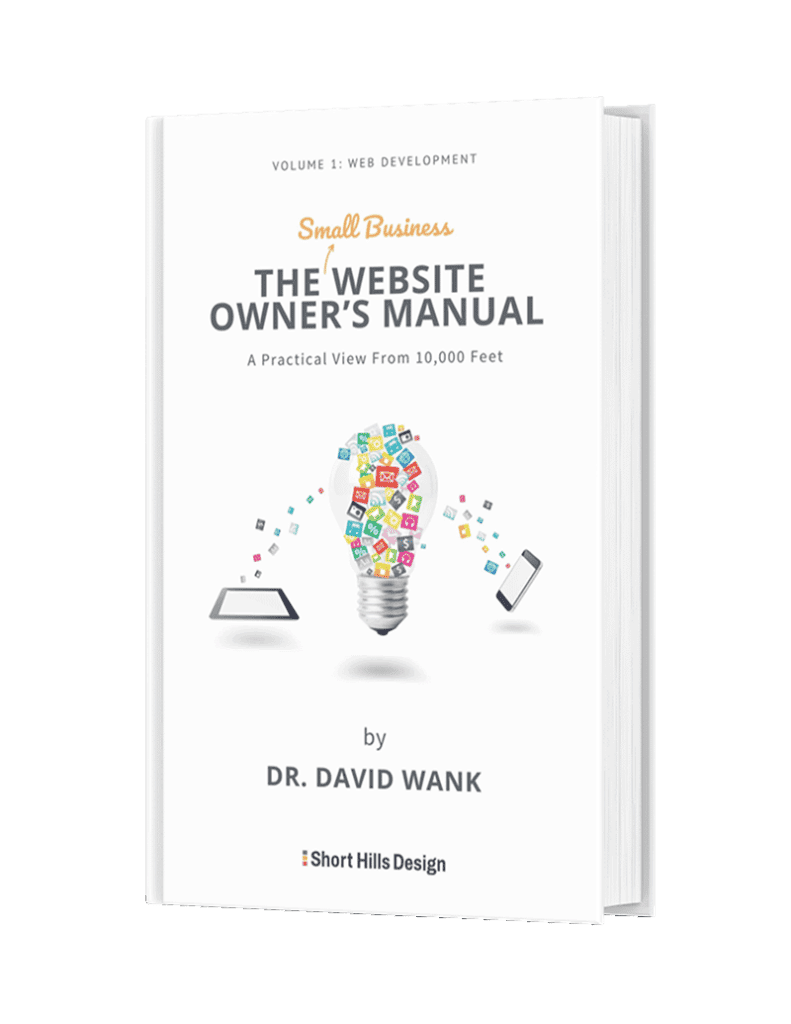
As website technology improves and improves, we as dentists are no longer limited to being entirely dependent upon a website developer or IT person to make updates to our websites. There are many advantages to using a content management system (CMS) for your dental website, and this article will review a few of these factors.
Generally speaking there are two types of websites – those that you can update yourself, or those that you need an “IT Person” to updated for you. In both cases there is some underlying technology that needs to be configured – usually by a technical person – but the idea with a CMS is that you or your staff can easily handle the day-to-day management of your dental website.
A CMS is a framework that allows you to edit your website as easily as if you were using Gmail, Hotmail, or another online email client. It is for this reason that CMSs have become so popular – no matter how “tech-phobic” that you or your staff members are, using a CMS is very easy and learning to use the CMS is quite easy, as well. The learning curve for a CMS such as Wordpress, my preferred CMS and the CMS I use to build 99% of my client and personal websites, is MUCH less steep than the learning curve for your practice management package.
One of the great things about a CMS is that adding new features and functionality is easy. I often compare using a non-CMS website to using a Wordpress-based (CMS) website as hand-file endo is to rotary endo. For the most part anything you can do with a hand-file, you can do with rotary, yet rotary is faster and more efficient (ignore the rotary advantage of filling lateral canals and warm vertical here, please). The point is that if you wanted to add a “newsletter signup” to your non-CMS-based website, then it may take many hours of customized coding and a high cost to implement this system,. With Wordpress (a CMS), you can simply add a plugin (additional feature) and achieve the same result in a much shorter time. And if you are installing the plugin yourself, there is often no fee involved as many high-quality plugins are free of charge.
One of the most critical aspects of keeping your dental website at the top of the search engine rankings is the regular addition of new and ORIGINAL content. A CMS like Wordpress excels in helping organize and manage this new content, and provides a tremendous head-start for a dental blog vs. having to add the same functionality to a non-CMS site.
As you can tell from my positions above, I am a firm believer in the use of a CMS – specifically Wordpress – for the development of any new dental website. And even if you are not looking (yet) to add a blog section, or any advanced features, Wordpress allows you to create a small, and simple website that can easily be expanded as your practice grows, and your online presences increases.

